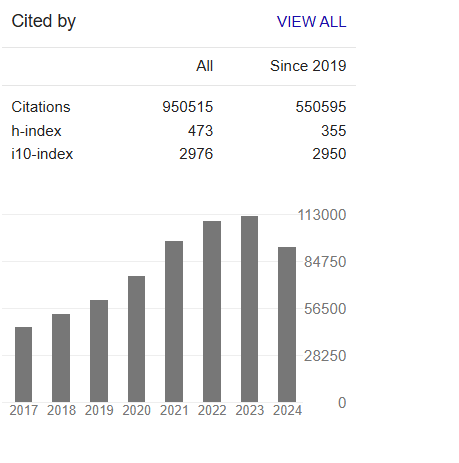Composting Technology for Municipal Solid Waste Management and Production of Organic Fertilizer
Abstract
Amare Genetu
As a population number is increasing in high rate from time to time agriculture is need to be improved in order to feed the world population. Farmers including high investment farm land uses artificial fertilizer for increasing productivity. Despite increasing the productivity of crops it has a limitation in causing environmental pollution including eutrophication, effects on aquatic animals, soil nutrient deprivation and etc. This problem can be mitigated by using organic fertilizer with long lasting soil fertility. Composting technology plays a great role in producing organic fertilizer through microbial degradation of organic matter. The technology has become a solution for reduction for the municipal waste by recycling in to compost. There has been reported many types of composting technologies with distinguishable processes of fermenting organic materials. Compost became commercially produced and economically important in developed countries. Compost can be produced from environmentally available organic raw materials and it is environmentally friendly and suitable for sustainable soil enrichment. This paper is focused on reviewing different composting technologies, composting processes, benefits of composting technology in contrast to synthetic fertilizers.



